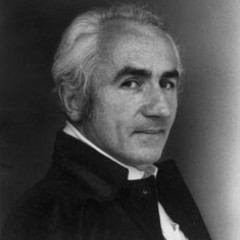A Quote by Dominic Grieve
Notice of leaving the E.U. under Article 50, for which most of us voted, provides a mechanism for extending the negotiating period by agreement if this is necessary. It is not to undermine Brexit to insist it is carried out correctly.
Related Quotes
Having campaigned to remain in the E.U., I voted to trigger Article 50, in response to the clearly expressed wish of the electorate. It must now be my duty as an MP to try to ensure that Brexit is as smooth as possible and that there is a sound legislative framework in place to bring this about. A chaotic departure is in no-one's interest.
It is amusing to discover, in the twentieth century, that the quarrels between two lovers, two mathematicians, two nations, two economic systems, usually assumed insoluble in a finite period should exhibit one mechanism, the semantic mechanism of identification - the discovery of which makes universal agreement possible, in mathematics and in life.
Of course, the UK is a significant economy that makes up a quarter of American exports to the EU, more than 50 percent of our exports in certain sectors and over 25 percent of the government procurement opportunities we have in Europe. Brexit reduces the size of the TTIP deal for the United States, and there will need to be an adjustment of expectations accordingly, but Brexit underscores the value of reaching an agreement at this critical moment in the evolution of Europe.






























